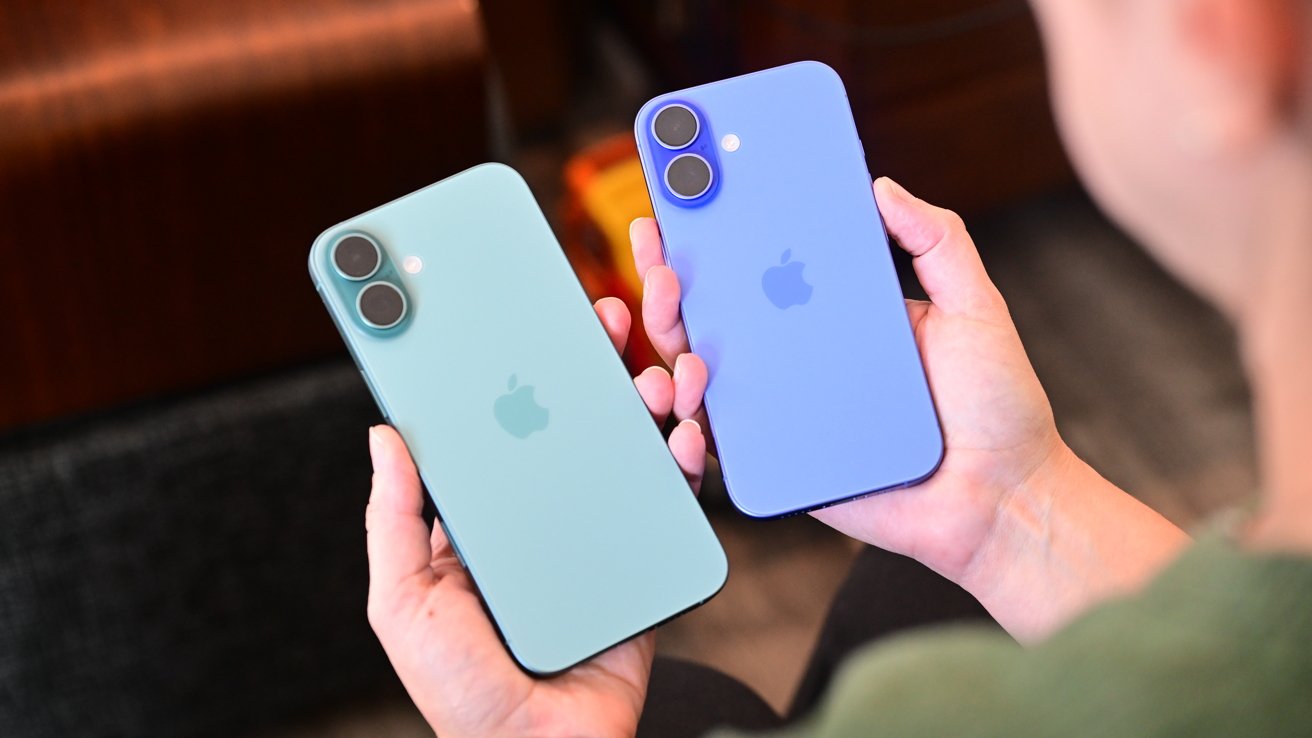The whole iPhone 1 range can finally be bought again in Indoneisa

Following months of negotiations and then weeks of red tape, Apple is now once more allowed to sell the iPhone 16 range in Indonesia — including selling the iPhone 16e there for the first time.
The Indonesian government officially agreed to end its ban on sales of the iPhone 16 on March 7, 2025. But it has taken from then until April 11 for Apple to gain the very many country-specific certificates and regulatory permissions to actually put the phones back on sale.
The Indonesian Apple Store site just lists the devices as available and makes no mention of them ever having been banned. But Senior Vice President Worldwide Marketing, Greg Joswiak took to Twitter to mark the occasion.
So excited that our customers in Indonesia can now experience the iPhone 16 lineup— available today!
All-day battery life, best-in-class performance, and incredible camera systems make iPhone 16 our most powerful yet. https://t.co/RTa9elSNDO
— Greg Joswiak (@gregjoz) April 11, 2025
The ban went into force in October 2024 and so it has been six months of what government officials called “tricky” negotiations. In theory, the sales ban was because Apple was failing to comply with Indonesia’s local content quota, which requires 35% to 40% of components to be sourced in the country.
In practice, that quota hadn’t ever been met by Apple and the company appeared to be allowed to invest in Indonesia in other ways. Apple then surely shot itself in the foot because it promised $109.6 million in investment, but only spent $94.53 million.
Following Indonesia enforcing its local content quota, Apple tried offering it more money for these other investments, such as developer training. But it offered $10 million, which wouldn’t have even brought Apple up to its original commitment.
Indonesia rejected that, and then rejected $100 million, and then both accepted a $1 billion offer, yet simultaneously said that was not enough to fulfill the local content quota. That did actually make sense, though, as Apple’s billion dollar offer was to make AirTags locally, and AirTags are no component of the iPhone.
It’s not now absolutely clear whether Apple will make AirTags in Indonesia, and none of the details of subsequent offers and negotiations have been revealed. The country’s news agency Antara has claimed that Apple has achieved the quota, but also that this was by the AirTags production.
Neither Apple nor the Indonesian government are now likely to reveal how the ban was finally settled. But it seems possible that Apple started to push back against the country’s rising demands, because there has only been a brief hint that the company has considered manufacturing iPhones there.




